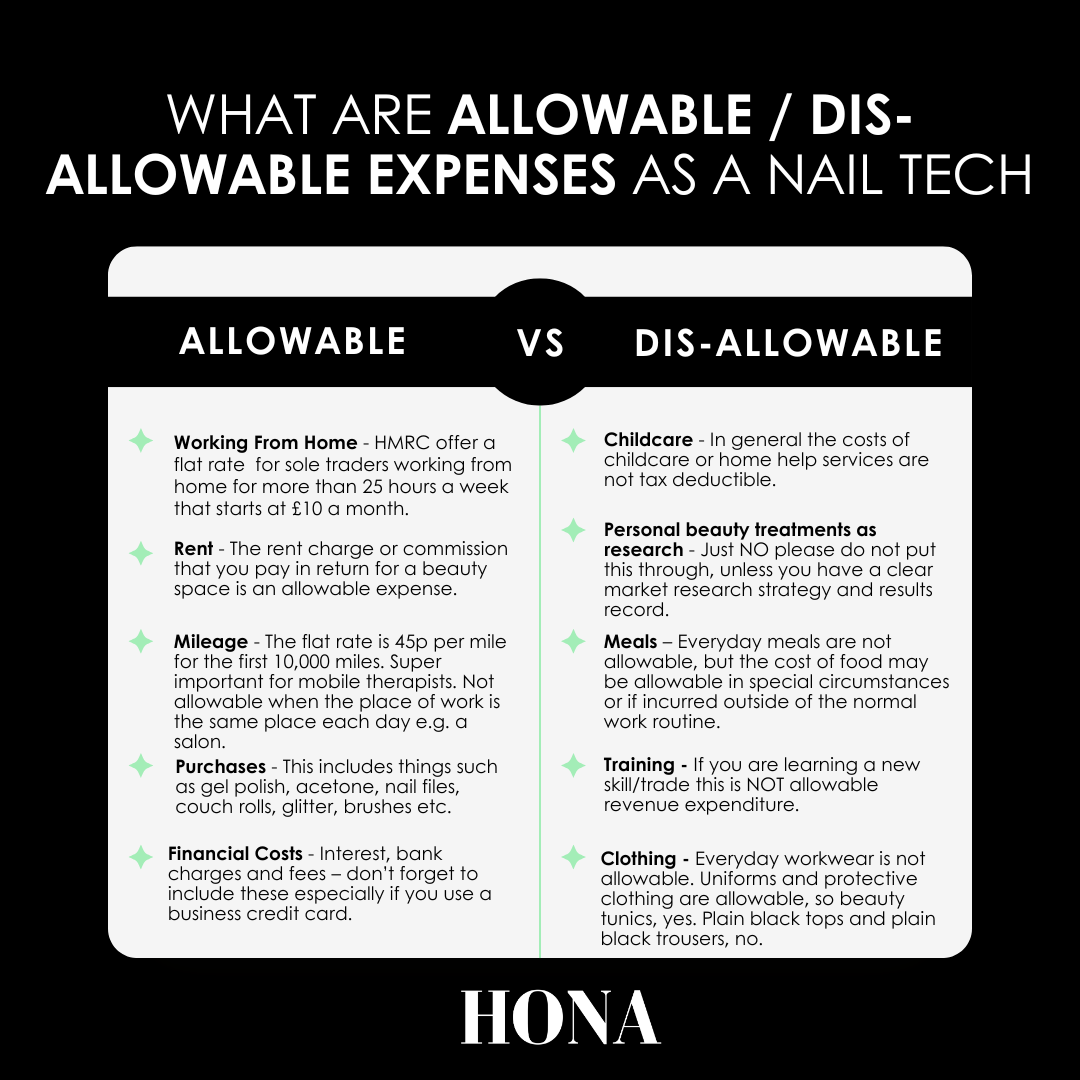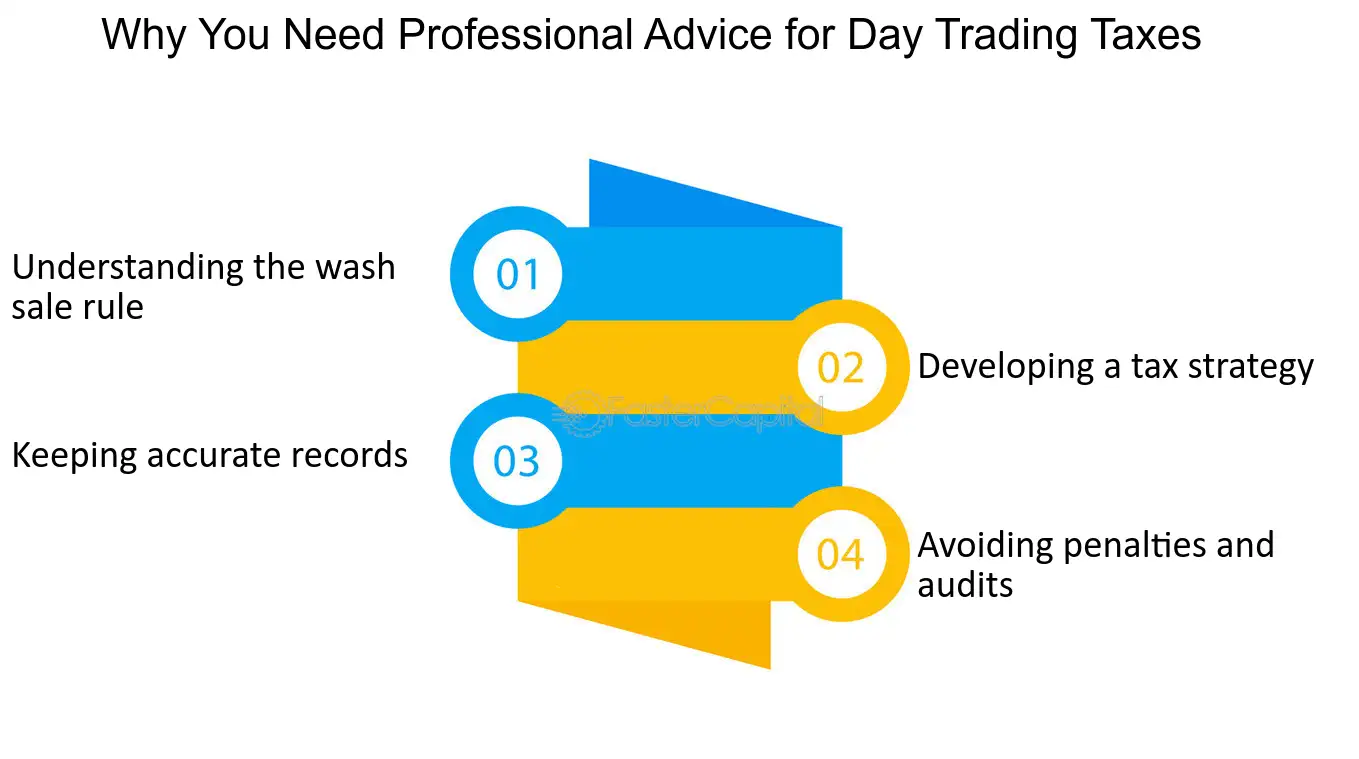Did you know that the IRS once called day trading a “high stakes game”? Well, if you’re diving into the world of day trading, understanding the tax implications is crucial. This article breaks down essential day trading taxation regulations, covering how profits are taxed, necessary reporting requirements, and the specific tax rules in the US. Learn about short-term capital gains, applicable deductions, and the impact of trading losses. We also clarify the wash sale rule, how margin trading affects taxes, and the differences between tax regulations for stocks and options. Plus, discover strategies to minimize your tax liability and the essential record-keeping practices you need to adopt. Don’t let taxes catch you off guard—let DayTradingBusiness guide you through it all.
What are day trading taxation regulations?
Day trading taxation regulations typically treat profits as ordinary income, subject to income tax rates. In the U.S., day traders can qualify for trader status, allowing deductions for trading-related expenses. Short-term capital gains apply to assets held less than a year, taxed at regular income rates. Some countries require detailed reporting of all trades, and losses can offset gains. Specific rules vary by jurisdiction, so consult local tax authorities for precise regulations.
How are day trading profits taxed?
Day trading profits are taxed as ordinary income or capital gains, depending on your trading activity. If you’re classified as a trader, profits are typically treated as business income and taxed at your regular income tax rates. For investors, profits from buying and selling securities are usually taxed as short-term capital gains if held under a year, and long-term if held longer. You must report earnings on IRS Schedule D and possibly Schedule C if trading is your primary business. Keep detailed records of all trades, as the IRS scrutinizes day trading activity closely.
Do day traders need to report their earnings?
Yes, day traders must report their earnings to tax authorities. Profits from trading stocks, options, or futures are taxable income. Losses can be deducted, but you need to report all trades accurately. The IRS considers day trading as a business, requiring detailed records and Schedule C filing if applicable.
What are the tax rules for day trading in the US?
In the US, day trading profits are taxed as either short-term capital gains or ordinary income, depending on your trading activity. If you actively trade and meet the pattern day trader rule (four or more day trades within five business days), you must maintain a minimum $25,000 account balance. Profits are taxed at your ordinary income tax rate unless you qualify for trader tax status, which allows for deduction of trading expenses. Losses can offset gains, and you must report all trades on Schedule D and Form 8949. Keep detailed records of every trade for accurate reporting.
How does short-term capital gains tax apply to day traders?
Day traders pay short-term capital gains tax on profits from trades held for less than a year. These gains are taxed at ordinary income rates, which can be higher than long-term gains. The IRS requires traders to report each trade’s profit or loss on Schedule D, and frequent trading can trigger specific tax rules like the trader tax status.
Are there specific tax forms for day trading?
Yes, day traders typically use IRS Form 8949 to report stock transactions and Schedule D to summarize capital gains and losses. If trading as a business, they may also file Schedule C to report income and expenses.
What deductions can day traders claim?

Day traders can deduct expenses like trading commissions, software, data feeds, home office costs, and education. They can also deduct losses from their trading activities, offsetting gains or other income. However, they must meet specific IRS criteria to qualify as traders and claim these deductions.
How are day trading losses treated for tax purposes?
Day trading losses can be used to offset gains, reducing your taxable income. If losses exceed gains, you can deduct up to $3,000 annually against other income, with remaining losses carried forward to future years. These losses are considered ordinary losses, not capital losses, if you qualify as a trader in securities. Proper record-keeping is essential to substantiate your trading activity and losses for tax reporting.
Do day traders qualify for trader tax status?
Yes, day traders can qualify for trader tax status if they meet IRS criteria, such as trading frequently, seeking to profit from short-term market moves, and dedicating significant time to trading activities.
What is the wash sale rule in day trading?
The wash sale rule in day trading disallows claiming a tax loss if you sell a security at a loss and buy the same or a substantially identical security within 30 days before or after the sale. It prevents traders from claiming artificial losses to reduce taxes while maintaining the same position. Instead of a loss, the disallowed amount gets added to the cost basis of the repurchased security, delaying the tax benefit.
How does margin trading affect taxes?

Margin trading can increase taxable gains because larger positions amplify profits and losses. If you make money on margin, those gains are taxed as capital gains, often at higher rates if they’re short-term. Borrowed funds don’t affect your taxable income directly, but interest paid on margin loans may be deductible if you itemize. Using margin also risks larger losses, which can offset gains, but you must report all gains and losses accurately. Overall, margin trading can lead to bigger tax liabilities due to increased profit potential.
Are there different tax rules for stocks vs. options trading?
Yes, stocks and options trading are taxed differently. Stock trades are typically taxed as capital gains, with short-term gains taxed as ordinary income if held under a year. Options trading can be taxed as short-term or long-term capital gains, depending on the holding period, but it also involves special rules like section 1256 contracts, which are taxed at 60% long-term and 40% short-term rates.
Learn about Are There Special Tax Rules for Forex or Crypto Day Trading?
How can day traders minimize their tax liability?
Day traders minimize their tax liability by using specific strategies like electing Section 1256 treatment for their profits, which offers a 60/40 split of long-term and short-term capital gains. They can also hold trades longer to qualify for lower long-term capital gains rates, and deduct trading-related expenses such as software, internet, and home office costs. Keeping detailed records of all trades and expenses ensures accurate reporting and maximizes deductions. Consulting a tax professional familiar with trading regulations helps optimize tax strategies and stay compliant.
What record-keeping is required for day trading taxes?

Keep detailed logs of every trade, including date, time, asset, buy/sell, price, and quantity. Maintain a trading journal to track gains, losses, and strategies. Save all broker statements, trade confirmations, and IRS forms like 1099-B. Record your expenses related to trading, such as commissions and software costs. Keep these records for at least three to five years in case of audits.
How do international tax laws impact day trading?
International tax laws can complicate day trading by creating different reporting requirements, tax rates, and withholding rules based on your country of residence. They may require traders to report foreign income, comply with treaties, and navigate double taxation issues. Some countries treat day trading profits as ordinary income, while others classify them as capital gains, affecting tax obligations. Cross-border trading can trigger additional reporting forms and audits. Staying compliant demands understanding each jurisdiction’s taxation regulations and possibly working with international tax experts.
Learn about How Do Securities Laws Impact Day Traders?
Are there special tax considerations for futures or forex trading?
Yes, futures and forex trading often have different tax rules. Futures trading is usually taxed under the 60/40 rule, where 60% of gains are taxed as long-term capital gains and 40% as short-term. Forex trading may qualify for Section 1256 treatment if it meets specific criteria, meaning gains are taxed as 60% long-term and 40% short-term, regardless of holding period. These special rules can reduce tax rates compared to regular short-term trading, so it's crucial to understand the specific IRS regulations and maintain detailed records.
Learn about Are There Special Tax Rules for Forex or Crypto Day Trading?
Conclusion about What Are Day Trading Taxation Regulations?
In conclusion, understanding day trading taxation regulations is crucial for any trader looking to navigate the complexities of profits, losses, and reporting requirements. From short-term capital gains tax to specific tax forms and potential deductions, being informed can significantly impact your financial outcomes. DayTradingBusiness is here to provide essential insights and guidance to help you manage your tax obligations and optimize your trading strategy effectively.